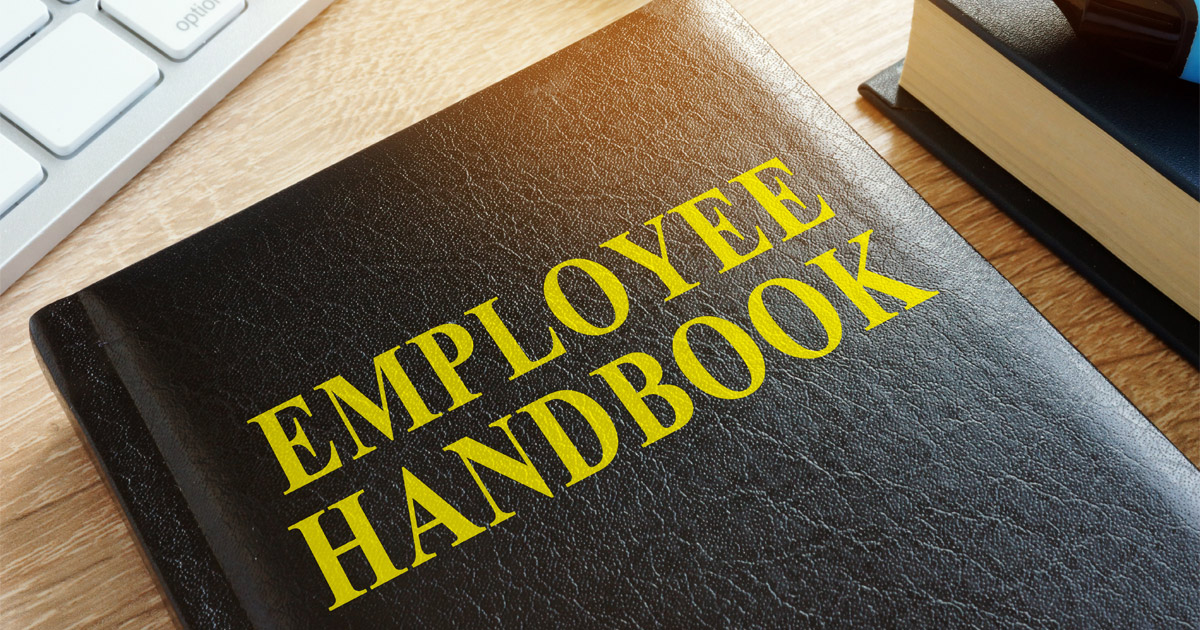The Gig Economy and Employment Rights: What Independent Contractors Should Know

The gig economy represents a labor market characterized by short-term contracts or freelance work instead of permanent jobs. It derives its name from each piece of work akin to an individual “gig.” For instance, individuals who drive for Uber or Lyft participate in gig work. They do not have fixed hours; they can work when they want and are paid per ride, not a salary.
This structure dramatically contrasts with traditional employment, where an individual typically works set hours and receives a fixed salary. Traditional employees often have benefits, such as health insurance, retirement plans, and paid time off, which are not usually provided to gig workers.
The Trade-Offs: Benefits and Drawbacks
While gig work offers flexibility and independence, it has potential downsides. Gig workers often miss out on benefits that traditional employees enjoy. These may include health insurance, retirement contributions, unemployment insurance, and Workers’ Compensation.
Unfortunately, some companies misclassify their workers as independent contractors rather than employees to avoid paying for these benefits. This misclassification can leave workers without essential protections and benefits.
To understand the trade-offs between gig work and traditional employment, it is helpful to examine specific scenarios.
Example 1: Health Insurance
In traditional employment, workers often have access to employer-sponsored health insurance. This is a substantial benefit because the employer typically pays a portion of the insurance premium, making it more affordable for the employee. In contrast, gig workers, as independent contractors, are responsible for securing their health insurance. This can be more costly and time-consuming, as they must navigate the private insurance market or the state insurance exchanges to find suitable coverage.
Example 2: Income Stability
A salaried employee in a traditional job enjoys a fixed income that is not dependent on the hours worked or tasks completed. This guarantees a certain level of financial stability and predictability, allowing for easier budgeting and financial planning. On the other hand, gig workers’ earnings fluctuate based on the number of jobs they secure and complete. For instance, a freelance graphic designer may earn significantly more in one month due to several projects but may earn very little the following month if work is scarce.
Example 3: Flexibility vs. Job Security
One of the primary advantages of gig work is flexibility. A gig worker can choose when, where, and how much to work. For example, a rideshare driver can decide to work only during peak demand times to maximize earnings. However, this flexibility comes at the cost of job security. Unlike traditional employees who have some protection against sudden termination, gig workers can find themselves without work if demand decreases or if they receive negative customer feedback.
In contrast, traditional employees enjoy more job security but less flexibility. Their work hours are generally set, and they cannot choose to work only during peak times. However, they have the assurance of continued employment and a steady income, barring misconduct or significant organizational changes.
Determining Worker Classification: Employee vs. Independent Contractor
Several factors are considered to determine whether a worker is an employee or an independent contractor. Although these factors may vary slightly depending on jurisdiction, they generally include:
- Control: Does the company control what the worker does and how the worker does their job?
- Financial control: Does the payer control the business aspects of the worker’s job?
- Relationship of the parties: Are there written contracts or employee-type benefits? Will the relationship continue, and is the work performed a vital aspect of the business?
Making an Informed Decision
The gig economy presents both opportunities and challenges. On the one hand, it offers flexibility and the potential for increased earnings. On the other hand, it lacks the security and benefits of traditional employment.
Workers must understand these trade-offs. Knowing the factors determining worker classification can help individuals make informed decisions about the type of work that best suits their needs and preferences.
Our Philadelphia Employment Lawyers at Sidkoff, Pincus & Green P.C. Can Help You With Your Entitled Benefits
Worker misclassification happens all too often. Today, more and more people are entering the gig economy and may be unknowingly giving up some of their employment rights. To get legal support, speak with our Philadelphia employment lawyers at Sidkoff, Pincus & Green P.C. about your options. We have been helping employees for decades. Call us at 215-574-0600 or complete our online form to schedule a consultation. Located in Philadelphia, we serve clients in Pennsylvania and New Jersey.






















